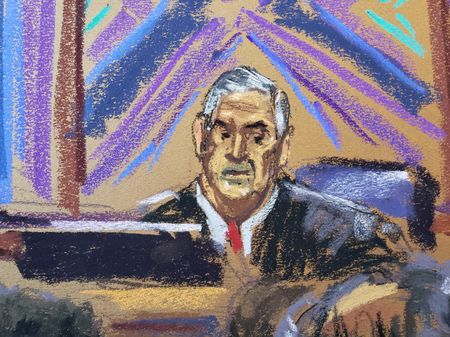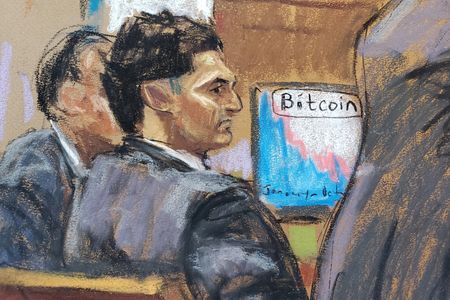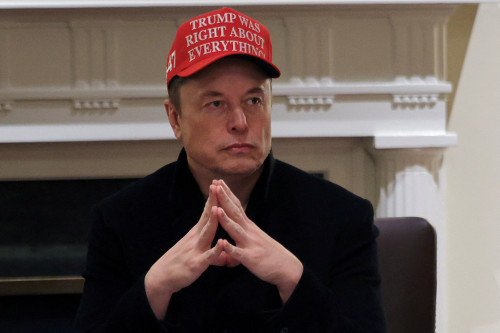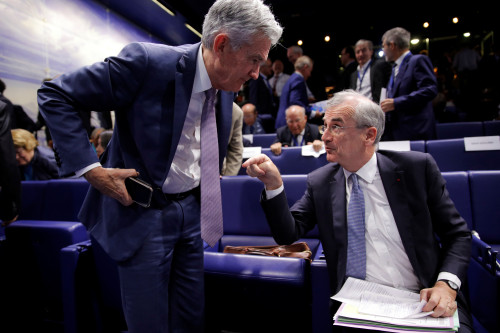By Luc Cohen
NEW YORK (Reuters) – Sam Bankman-Fried’s fraud trial has featured dense testimony about computer code, cryptocurrency and corporate finance, but U.S. District Judge Lewis Kaplan’s dry sense of humor has provided the occasional moment of levity.
Kaplan, a senior judge in Manhattan federal court, has also frequently scolded the 31-year-old former billionaire’s defense lawyers for asking repetitive questions, once accusing them outside the jury’s presence of trying to “set a record for the longest trial.”
The trial, in which Bankman-Fried is seeking to defend himself from charges of stealing billions of dollars from customers of his FTX cryptocurrency exchange, is far from the first high-profile matter the 78-year-old Bill Clinton appointee has overseen recently.
Earlier this year, Kaplan oversaw a civil trial in which a jury found Donald Trump had sexually abused and defamed the writer E. Jean Carroll and ordered him to pay her $5 million. Last year, he presided over a civil trial in which the actor Kevin Spacey defeated a sexual abuse claim.
Bankman-Fried has pleaded not guilty to two counts of fraud and five of conspiracy.
While known for his no-nonsense demeanor in the courtroom, Kaplan – a Harvard Law School graduate born in the New York City borough of Staten Island – has nonetheless peppered Bankman-Fried’s trial proceedings with witty comebacks and the occasional self-deprecating quip.
When one prospective juror said they did not understand how cryptocurrency works, Kaplan said, “You probably have a lot of company in this courtroom.” When another told him they had slight hearing loss, Kaplan said, “You’re not the only one here with slight hearing loss, at my age.”
Once testimony was underway, after prosecutors showed jurors an FTX television advertisement in which the star football quarterback Tom Brady called FTX the “safest and easiest way to buy and sell crypto,” Kaplan deadpanned: “Just to make sure we’re all complete, who is Tom Brady?”
The jury will ultimately decide the question of Bankman-Fried’s guilt or innocence, but Kaplan has final say over the types of arguments and lines of questioning the lawyers may pursue. The judge would ultimately sentence Bankman-Fried should he be convicted.
Several times during the first three days of testimony, Kaplan urged defense lawyers to move more quickly as they asked prosecution witnesses questions he deemed repetitive.
On Thursday, after defense lawyer David Lisner asked prosecution witness Matt Huang – who runs a venture capital firm that lost $278 million on FTX – multiple times about his decision to invest in FTX despite its lack of a board of directors, Kaplan asked lawyers for both sides to approach the bench.
“You’ve been over this already six ways to Sunday, and you got your answer,” Kaplan said, outside the jury’s earshot. “The goal here is not to set a record for the longest trial.”
Before the trial began, Kaplan issued several key rulings against the defense, including excluding some of their proposed expert witnesses and barring them from making certain arguments at trial.
But perhaps none of those decisions were more consequential than his revocation of Bankman-Fried’s bail on Aug. 11, after finding he likely tampered with witnesses at least twice – including by sharing his former colleague and ex-girlfriend Caroline Ellison’s private writings with a reporter.
“He has already – without violating any other bail condition save that he not commit another crime – gone up to the line over and over again,” Kaplan said in explaining his decision to jail Bankman-Fried.
(Reporting by Luc Cohen in New York; editing by Amy Stevens and Lisa Shumaker)









